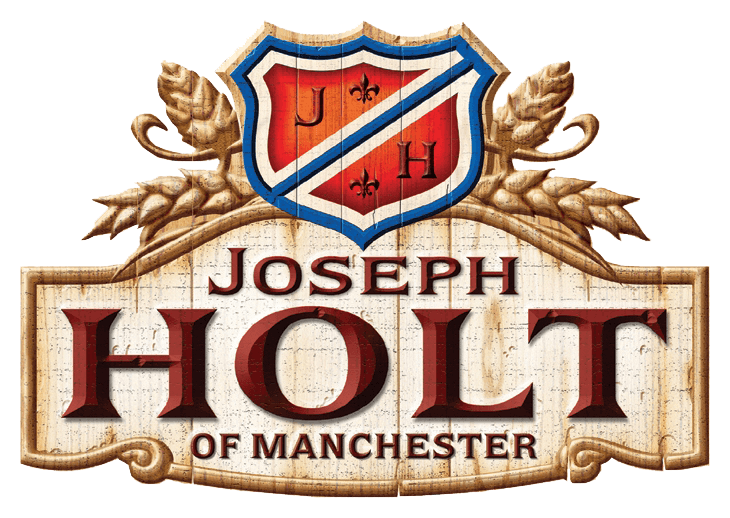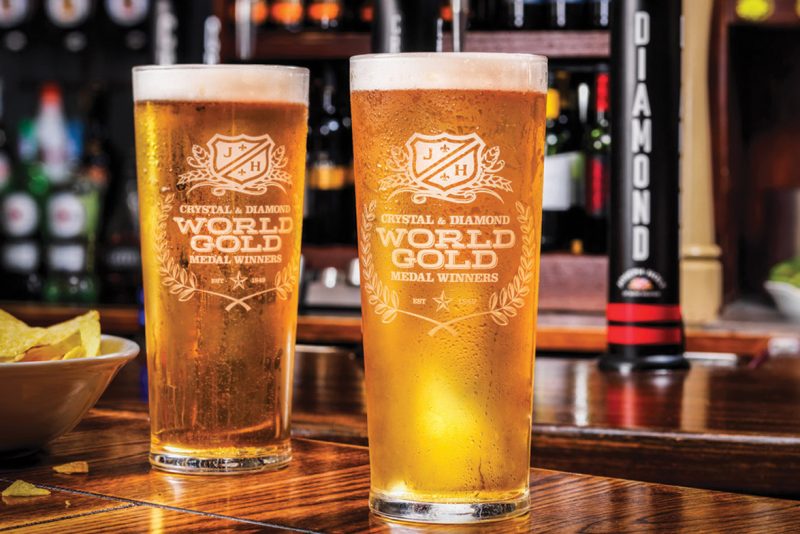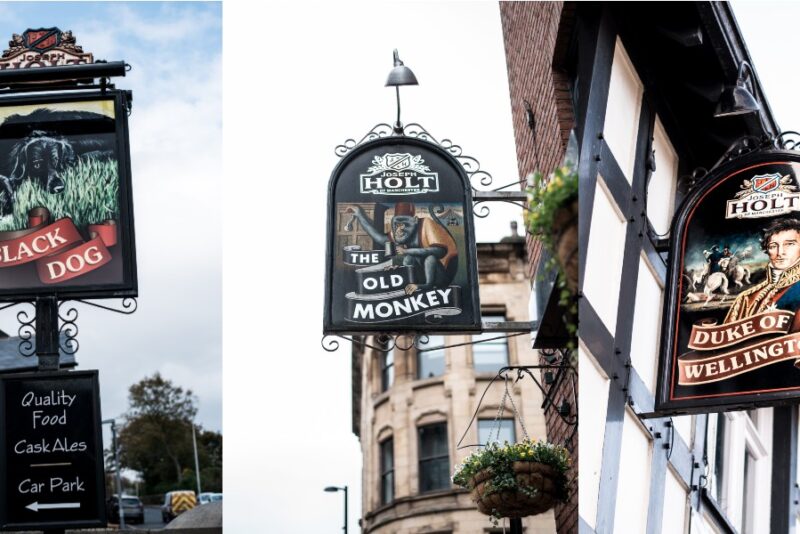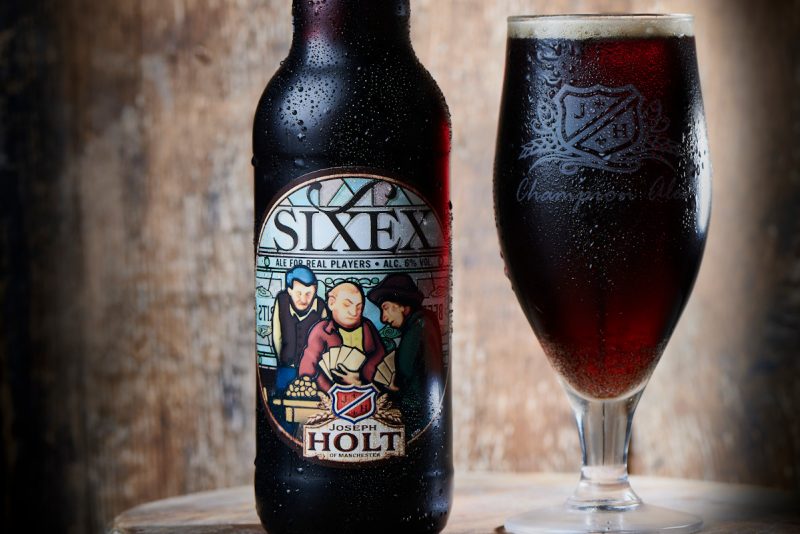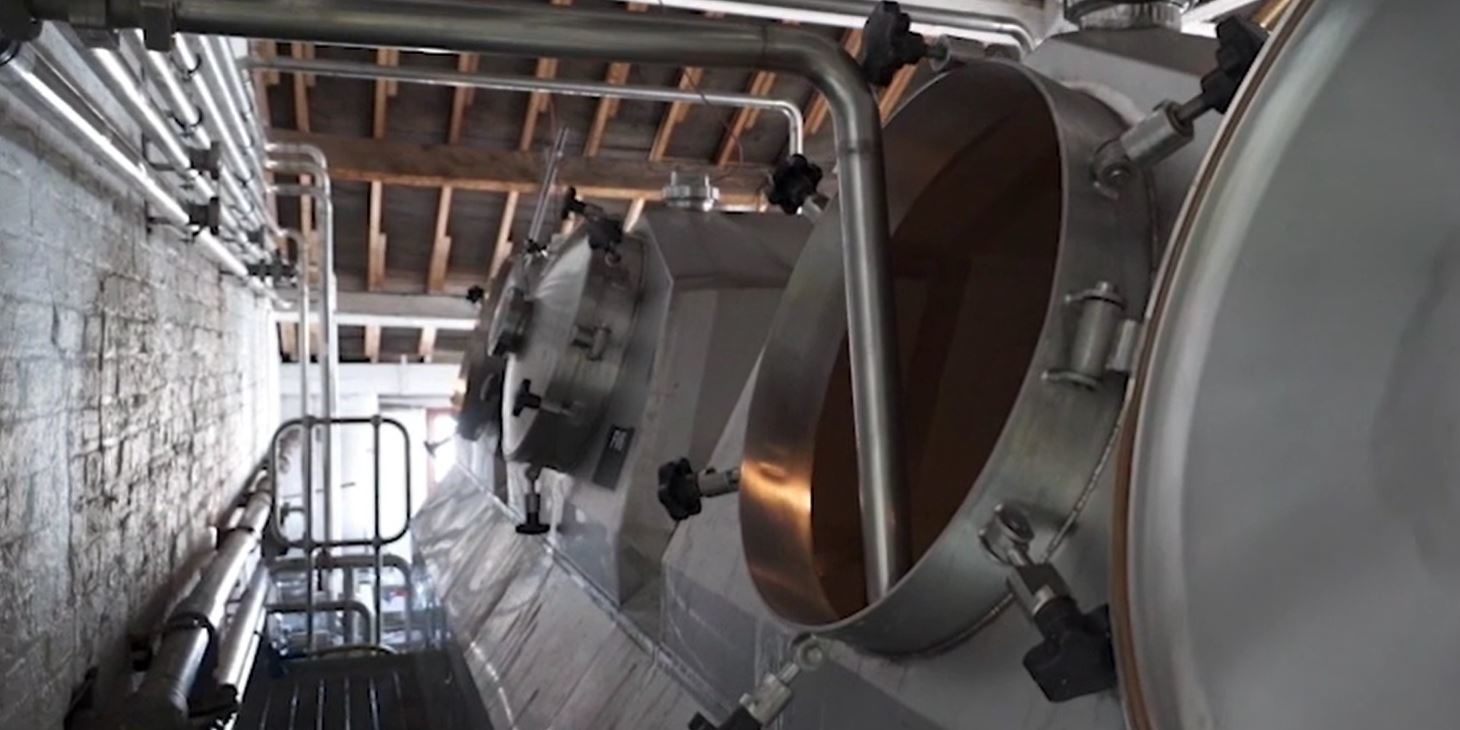
How Is Beer Made? 3 Things You Didn’t Know
Beer has a rich history and is packed full of brewing and drinking traditions. Here in the UK, beer forms a huge part of our culture and social interactions. It’s believed that beer dates back almost 7,000 years, when it was actually much safer to drink than water, but thankfully, both beer and water are now safe to drink and enjoy.
In the UK around 80% of adults drink alcohol, with a large percentage of that favouring beer. However, not that many people know exactly how beer is made. Here are 3 things you didn’t know about how beer is made.
1. There’s a science behind the head
If you get a pint which has too much or too little head, then you may be quick to judge the bar tender’s pint-pouring skills. However, the perfect beer head is actually formed on a pint due to the beers conditioning and fermentation. It’s all to do with carbon dioxide which rises to the surface of the beer.
In cask ale and bottled beer fermentation continues in the vessel which creates a natural carbonation in the product. Kegged beers served on draught, such as lagers, are poured using pressurised carbon dioxide which gives the beer carbonation in the glass and a great head.
The choice of beer glassware is also important. Beer glasses, such as our Manchester Bee Glass, should be free from grease and absolutely clean – which is why you will always get a new, clean glass – as fat residues in a beer glass can have an effect on the surface tension of the carbon dioxide formed bubbles which create the head on a pint of beer.
The more fat residue in a beer glass, the smaller and weaker the carbon dioxide bubbles will be, meaning that the head won’t form properly and will collapse shortly after pouring. Glasses should always be cleaned separately to any other pots, pans and crockery that may contain fat, including tea and coffee cups which may contain milk and therefore traces of fat.
2. Water quality matters
When it comes to how beer is made, the water quality is hugely important. Water used in brewing, known as brewing liquor, can affect the beer in three different ways:
- It can change the pH of the beer, which then affects the beer flavours
- It can cause off-flavours from contaminants
- It can provide a “seasoning” in the sulfate to chloride ratio.
Generally speaking, water used in brewing should be clean and free of odours, which is why breweries tend to use water from one of two sources: water from lakes, streams and rivers or from underground wells.
At Joseph Holt we’ve been using our very own deep water well to collect water since the beginning. In fact it had to be deepened in the late 1880s to 526ft to accommodate our growing brewery. Every time you have a Joseph Holt beer you’ll be drinking water sourced from Manchester which comes directly from the Lake District. Top quality.
The better the water quality, the better the beer.
3. There are four main ingredients
Beer contains four main ingredients: malted barley, water, yeast and hops.
Each ingredient plays a huge role in the brewing process. The malted barley, often just called malt, gives beer the sugar it needs for fermentation. Water makes up 95% of beer and is one of the most underrated ingredients as it allows all of the chemical reactions to occur during the brewing process.
Yeast is perhaps the hardest working ingredient, as it converts sugar into alcohol and creates the beer. Hops work provide the bitterness, which then counterbalances the sweetness and gives beer its aroma as well as plenty of flavour. Depending on when are hops are used in the brewing process depends if they add bittering qualities and flavour, or aroma.
Any other ingredients which are added are considered to be flavourings, rather than ingredients. Common additions include coffee, chocolate, fruit and honey, but there are many weird and wonderful types of flavouring. All these have direct effects on the flavour of the beer, rather than the brewing process.
Looking for more information on how beer is made? We have 2 master brewers here at Joseph Holt – find out more about our brewery team here.
Don’t forget you can also buy beer online from our Beer Shop, selling our range of fantastic bottled beer, plus online lagers and pressurised 5L mini-kegs.
